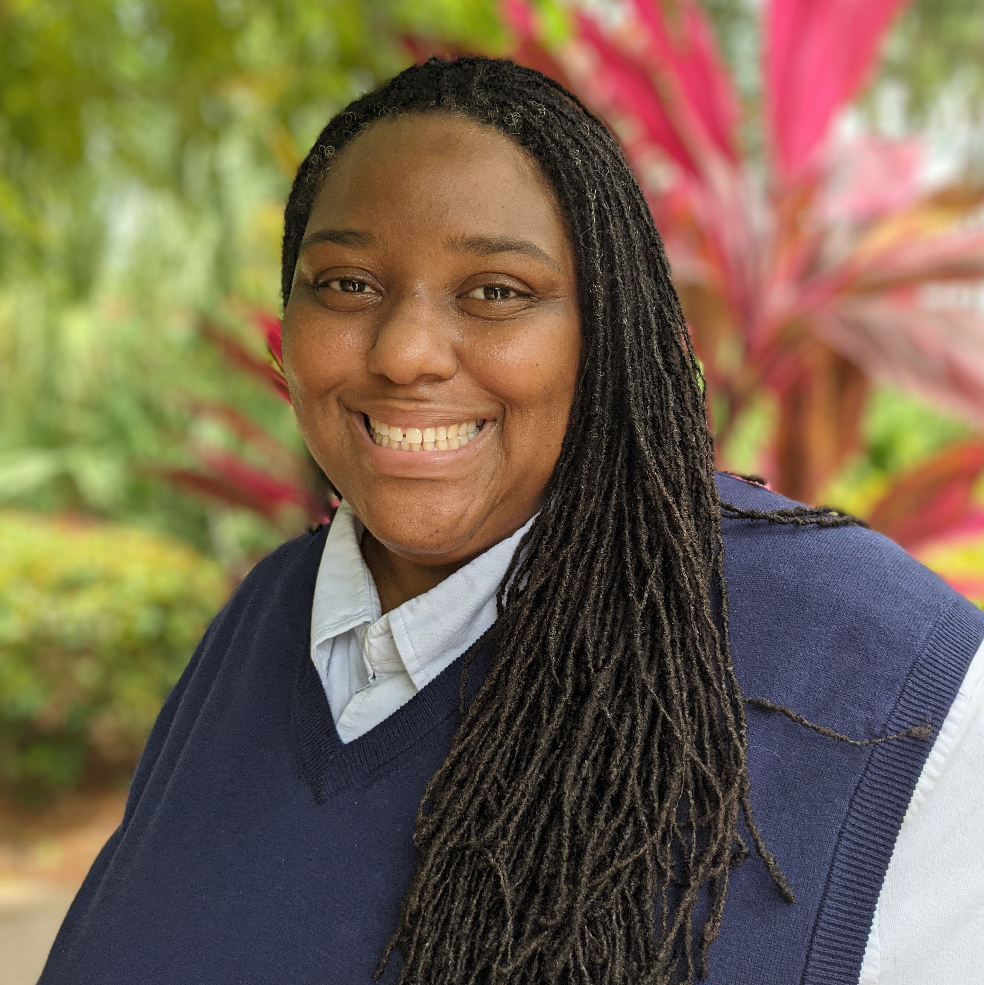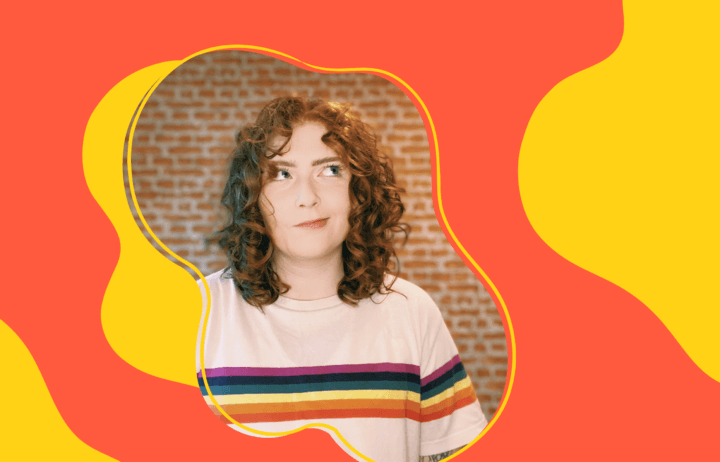Youth's Lives Every Day
Content Warning: This story explores suicide loss. For support, our trained crisis counselors are available 24/7 at 1-866-488-7386, via chat www.TheTrevorProject.org/Get-Help, or by texting START to 678-678.
A.C. Fowlkes — licensed clinical psychologist, contributor to Forbes.com, CEO of Fowlkes Consulting, and the first trans man board member at The Trevor Project — says creating safe spaces for people is his life’s work. As CEO of a global consulting firm, Fowlkes focuses on LGBTQ sensitivity and transgender inclusion in the workplace, carving out a path for his community.
“There’s so much conversation around work/life balance, and what is largely ignored in that conversation is the fact that you can’t balance something toxic with anything else. We spend so much time at work that if we don’t feel safe, it really is an issue of quality of life.”
A.C.’s work began as a volunteer trainer for therapists and officers in the prison system: “I was seeing some really terrible things in terms of how LGBTQ inmates were being treated. And I was like, gosh, there really is a need for sensitivity training. People just don’t understand how harmful their actions are.” Now, as the head of Fowlkes Consulting, A.C. helps some of the largest companies in the world create safe spaces for their LGBTQ+ employees.
Allyship is really important to me — I have definitely benefited from allies through my journey. I also understand that the onus is on me to be an ally for others.
In addition, A.C. continues his advocacy for the LGBTQ community as a Forbes.com contributor, writing about LGBTQ sensitivity, trans inclusion, and allyship, even developing the Fowlkes Allyship Model. “Allyship is really important to me — I have definitely benefited from allies through my journey. I also understand that the onus is on me to be an ally for others. I write a lot about what we can do to create safer spaces because that comes full circle to what I feel my life’s work is.”
Another part of A.C.’s life’s work is advocating specifically for the mental health and survival of Black LGBTQ individuals: “There’s a lot of stigma around mental health in general, but sometimes I think we make the mistake as a society in thinking that Black people are not in need of mental health services, that we don’t struggle with some of the same things that other people struggle with. We need to normalize talking about mental health and mental illness and communicate that it’s ok to ask for help.”
In all of his roles — including as a board member at The Trevor Project — A.C. focuses on the identification of personal privilege, even for those in marginalized communities, and figuring out how to share that privilege with others in an intentional way. The transformative work he does led him to The Trevor Project, but what really drew him to the organization was his personal backstory.
Growing up in a deeply religious family, struggling with internalized homophobia and transphobia, A.C. had to go through his own process of self-love. “That may make it sound like it’s over, but it’s still an everyday thing that I go through.”
“Sadly, I lost my brother to suicide when I was 15 years old and he was 12. The work of The Trevor Project in particular, and working with youth that are struggling or in crisis, hits really close to home for me. The way those two things, my own personal queer identity and having lost my brother that way, kind of wed to make my work with Trevor really something that’s super meaningful to me.”
As A.C. and so many others advocate for LGBTQ individuals, this work becomes more essential every day, as anti-LGBTQ policies and rhetoric arise across the nation. A.C. remains steadfast that we need to stand up for LGBTQ youth, and is especially concerned about Governor Abbott of Texas attempting to classify gender affirming services for youth as child abuse.
This is a time when The Trevor Project’s services are needed more than ever. It’s really important for us to rise to the occasion and make our services as accessible as possible.
“This is a time when The Trevor Project’s services are needed more than ever. It’s really important for us to rise to the occasion and make our services as accessible as possible.”
A.C. leaves young Black trans individuals with these words of hope: “Keep putting one foot in front of the other. Tides are changing, and even though we sometimes have these bumps in the road where we feel like we are losing ground, ultimately, love will prevail. It always does.”
Sue Cardenas-Soto is a Copywriter on the Growth team at The Trevor Project, the world’s largest suicide prevention and crisis intervention organization for lesbian, gay, bisexual, transgender, queer & questioning (LGBTQ) young people. If you or someone you know is feeling hopeless or suicidal, our trained crisis counselors are available 24/7 at 1-866-488-7386 via chat www.TheTrevorProject.org/Get-Help, or by texting START to 678-678.


